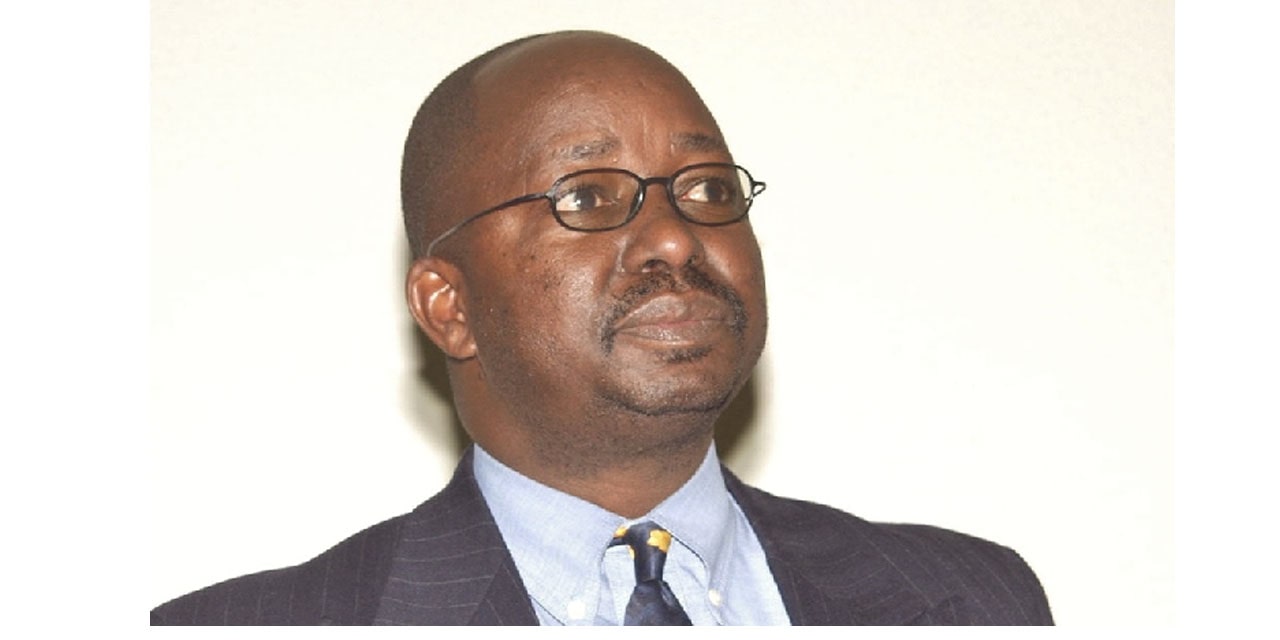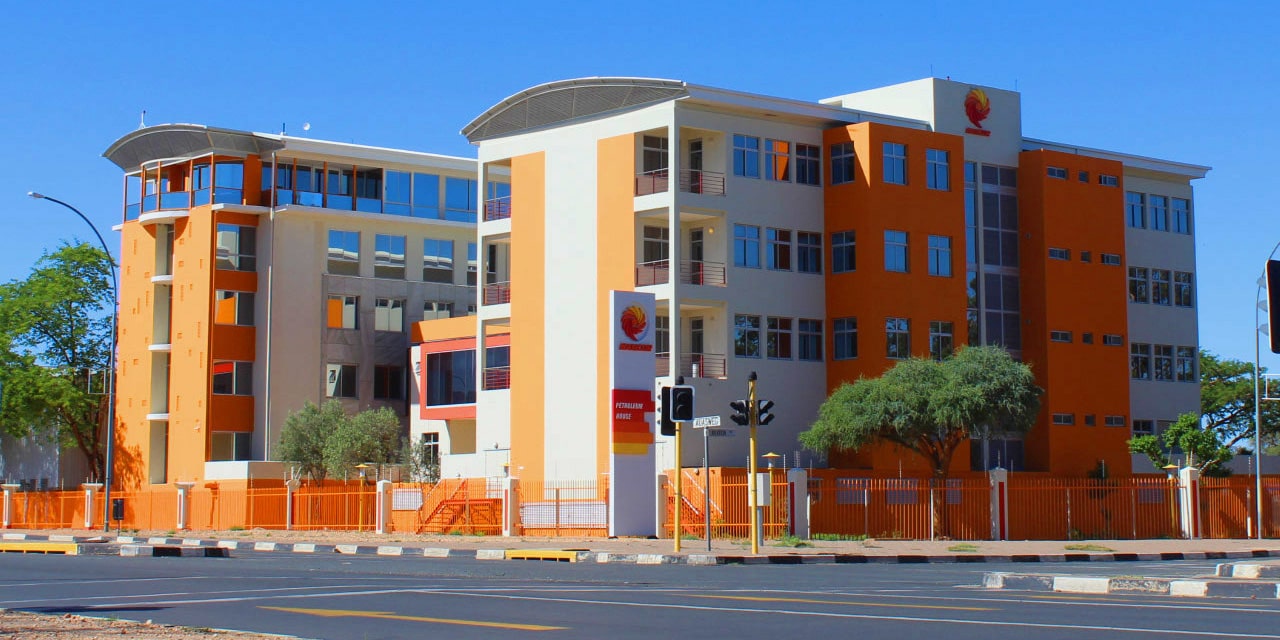Martin Endjala and Ester Mbathera
The reduction of seats by the deregistration of political parties by the Electoral Commission of Namibia (ECN) is said to have created a much bigger crisis in the National Assembly than initially anticipated.
This is according to a former member of parliament and Rally for Democracy Party (RDP) president, Mike Kavekotora.
He said that the ECN and the speaker of the National Assembly, Peter Katjavivi, must dissolve parliament with immediate effect.
“The ECN was quick to deregister the Namibia Economic Freedom Fighter (NEFF), Christian Democratic Voice (CDV), and Democratic Party of Namibia (DPN), but it created a much bigger crisis. They effectively rendered parliament legally non-functional,” he said.
Kavekotora said the country is in a constitutional crisis, as the National Assembly cannot function with 93 seats when the act stipulates 96 seats.
“And you go about business as usual. You are raping democracy,” he said.
The commission deregistered the three political parties on 17 June after they failed to comply with the Electoral Act of 2014, Section 158(f), by filing their financial statements before the May 10, 2024, deadline.
Kavekotora said Article 46 of the constitution spells out the composition of the National Assembly, which will consist of 96 members elected by registered voters by direct and secret ballot.
He said parliament does not have inherent powers and can only function according to the four corners of the statute.
He said the de-registration of parties has rendered parliament incompatible with the enabling legislation, and it must either dissolve or confirm before proceeding with the August House’s business.
“The ECN and the Speaker of the National Assembly must be held accountable for any inconvenience and damage caused by their lack of anticipating the consequences of their action,” he said.
Political analyst Joseph Diescho questioned the ECN’s actions, arguing that they lacked adequate planning and consultation.
“It would appear that the ECN, in consultation with the Speaker, ought to have figured out what to do,” he said.
Diescho also questioned the democratic legitimacy of the ECN’s decision.
“Was the ECN voted into Parliament by the people? If so, what say do they have when their representatives are removed due to failure to account for their funds? Is deregistration the only remedy?” he asked.
According to a political scientist, Erikka Thomas, the NEFF’s departure from the National Assembly is an indication that democracy has been crippled.
She suggested that ECN needs to go outside Namibia to other African countries where similar scenarios have occurred and draw lessons in order to use the best practices.
Lucia Sibanga, who is pursuing a master’s degree in political science at Unam, said the decision to deregister the NEFF and two other political parties should have included input from the voters who elected them.
The Secretary of the National Assembly, Lydia Kandetu, said that she is going to meet with the ECN about the matter of vacant seats to determine a way forward.
“This is the first time in our history that this happened. We didn’t even know we had to stop paying their salaries. But luckily enough, since the party was removed, automatically, they are no more members,” she said.
She clarified that she would inform the public about the way forward after the conclusion of next week’s meeting.




